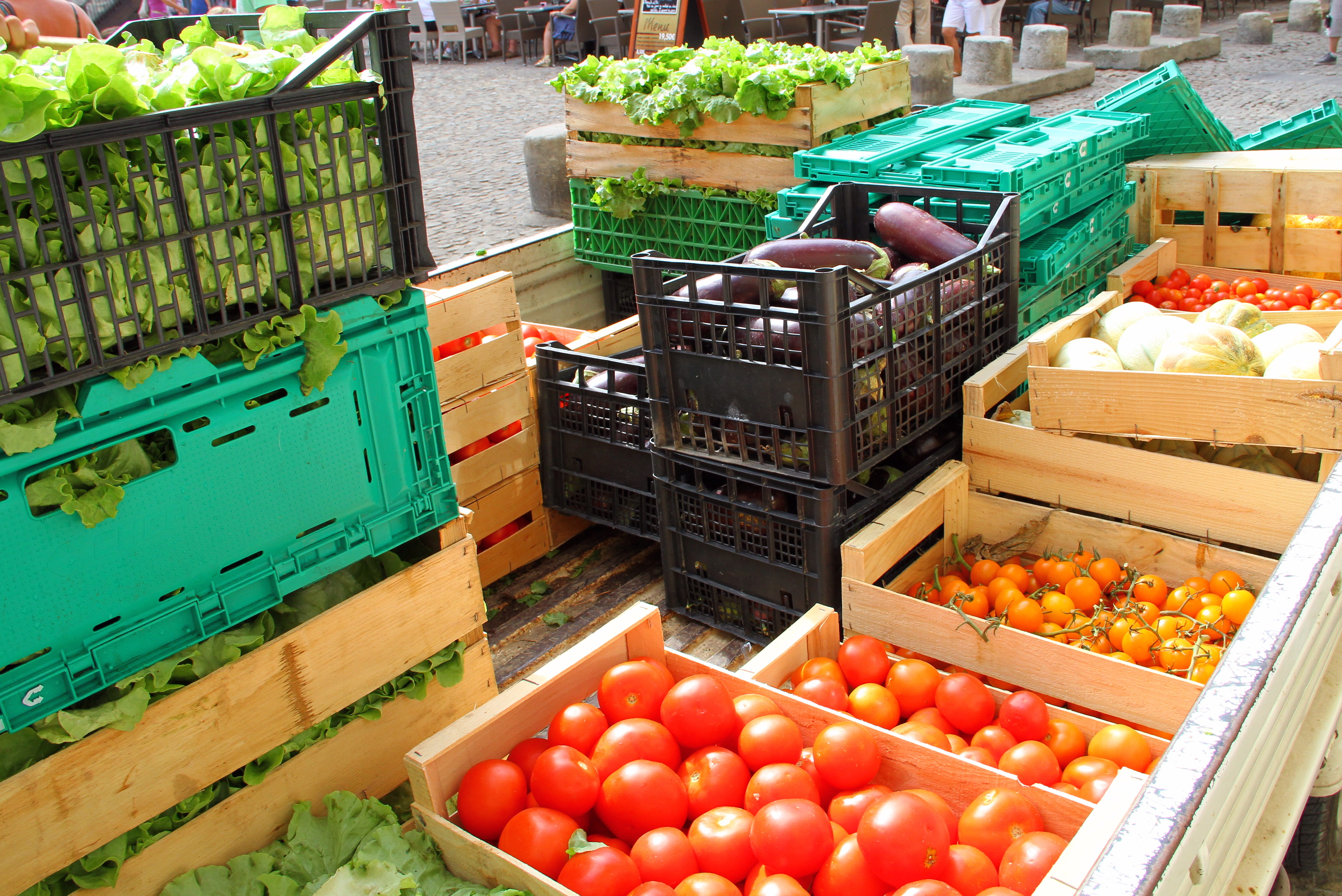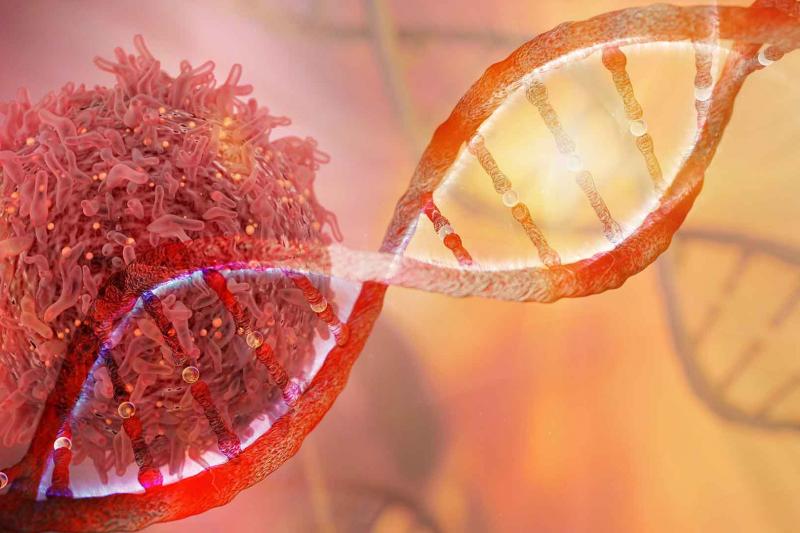



New agreements needed now to improve food systems, say UN Food Summit Scientific Group
The international community must commit to guaranteeing sufficient, affordable, safe, healthy, and sustainably produced food for all, say researchers with Wageningen University & Research (WUR).WUR researchers are making this push in the run-up to the UN Food Systems Summit (UNFSS) on 23 September. The summit will take place during the United Nations General Assembly in New York.

In 2020, between 720 and 811 million people suffered from hunger, and almost as many (768 million) were malnourished. Two billion people did not get enough essential nutrients and vitamins due to unbalanced diets or a lack of fresh food. At the same time, the number of overweight (1.9 billion) and obese (650 million) people is increasing worldwide. This gross contradiction makes it all the more urgent to change the food system. Poor people in particular are eating more and more unhealthily. According to the UNFSS Scientific Group, a wide variety of measures are needed to overcome this food crisis, end hunger and protect the future of the planet.
The measures are divided into seven priorities:
- End hunger and improve diets
- Help farmers become more resilient
- Create a level playing field
- Encourage biotechnology
- Protect natural resources such as soil and water
- Obtain sustainable food from the sea
- Develop digital technologies
“To meet these challenges, the scientific community, government, industry and civil society organisations need a structured platform in which they can meet,” says Louise O Fresco, chair of UNFSS’s Scientific Group and of the Executive Board of Wageningen University & Research.
Food-related health problems
Food-related health problems are increasing rapidly worldwide. Billions of people are faced with hunger or malnutrition due to insufficient food, or – at the other end of the scale – obesity due to too much food.
Nutrition scientist Inge Brouwer of WUR argues for a more consistent approach to this problem. "For example a diet-based approach,” she suggests. “Lower the salt or sugar content in food while at the same time motivating people to embrace a healthier lifestyle. These goals are still dealt with separately today. We need to start promoting healthy food from various angles simultaneously. For consumers, fair access to food markets, better knowledge of healthy food and the creation of a healthy living environment need to be achieved together."
Level playing field for farmers
Food-related health problems are increasing rapidly worldwide. Billions of people are faced with hunger or malnutrition due to insufficient food, or – at the other end of the scale – obesity due to too much food.
Biotechnology
The ultimate goal of plant breeding has always been to make plants more resistant to drought and disease. If this can be achieved it could help eradicate hunger from the world. CRISPR-Cas technology is making the process faster and more accurate. This technology is used to modify genetic material more easily, efficiently and with higher precision. Some 3,000 CRISPR-Cas patents have already been granted worldwide, of which a few belong to WUR. The University recently decided to allow free use of five of its patents. Making these licences available for public use will help accelerate the search for solutions for the growing demand for food and mitigate the effects of climate change and pathogens.

National food agendas
Food systems are not only under pressure in low and middle-income countries; in many Western countries, too, health costs are soaring and intensive agriculture, climate change and loss of biodiversity are leading to rising costs for society as a whole. "A complex set of factors influences our food supply," says Ruerd Ruben, Emeritus Professor of Food Security. "That is why it is so important to focus on transparent governance and an open dialogue about fair agreements. We need to develop national food agendas and food platforms that embrace all the involved actors so that the solutions will find broad support."
Scientific foundation
Alongside the government and the industry, these actors include the public and the scientific community. Just talking about it will not be enough, says Ruben. “Joint agendas, coherent food policies and clear means of measuring the results will be necessary to guide the transformation towards common goals.” A good example is the recent European Green Deal, in which CO2 emissions from both domestic and imported products are priced in order to meet climate ambitions. Governments play an important role in this by, for example, implementing price measures (taxes or subsidies) that encourage the production and consumption of more local food, so that transport distances are reduced and hence also emissions.
“The time is ripe for transforming food systems and making new global agreements,” says Louise O Fresco. “This requires a solid scientific foundation with agreements that can be laid down in an international treaty, as was done for climate change. The costs of inaction and of waiting will be many times higher than the costs of acting and investing now, both internationally and regionally.”



